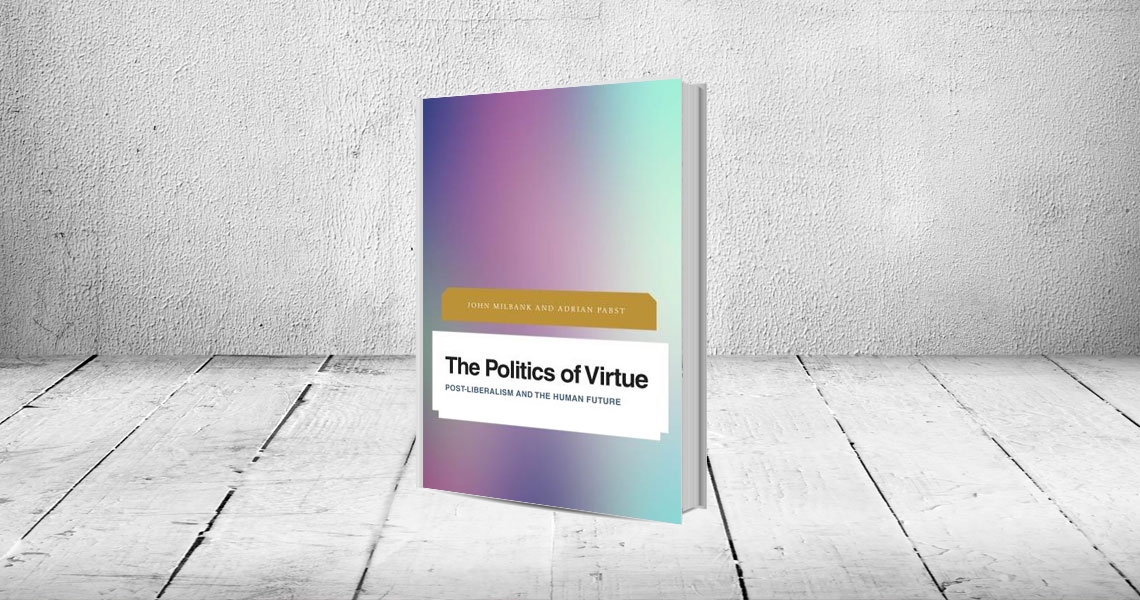1. The myth of the state...
2. The myth of civil society...
3. The myth of globalisation...
4. An Eucharistic counter politics
5. Reflections, comments, and questions
Is there a way out of this confinement of the Church and the Christian faith to the private sphere, which does not just redo the mistakes of Constantinianism or Christendom, the idea that the church needs to dominate the state or at least go hand in hand with it? Here has recently the civil society, seen as a free space of institutions like family, trade unions, schools, corporations, and churches, come into vogue as a middle way. Cavanaugh exemplifies by discussing John Courtney Murray and public theology with its accent on public policy and reasoned consensus, and the model based on the work of Harry Boyte with its accent on the democratic potential of civil society itself, on the empowerment of grassroots citizens' groups and local community action ("public achievement").
Even if Cavanaugh is more positive toward the Boyte's model than Murray's, he thinks that both models share a naïve faith in the myth that civil society is a free space. He shows here and in other writings that contrary to much popular thought it is the state that gives rise to society and not vice versa and that the state is not a limited part of society, but has in fact - especially since the transition from state to nation-state and the emerging symbiosis of the state and the market - expanded and become fused with society.[10]
And what do we have left? Just a church as "an essentially asocial entity that provides only 'motivations' and 'values' for public action".
So civil society can hardly been seen as a free space. What we have is "a society of individuals alienated from substantive forms of common life."[11] In the end we either think that our political responsibility is best shown in our asking the state to do something about our problems or we try to awaken the church to greater social responsibility, but all is cast in terms of citizenship and the ultimate end of renewal of our nation-state's democracy (good citizens of USA or Sweden, and not first good citizens of the kingdom of God). Moreover, the price the Church has to pay for the admission to the "public" is a "submission of its particular truth claims to the bar of public reason."[12]
And what do we have left? Just a church as "an essentially asocial entity that provides only 'motivations' and 'values' for public action"[13] and in from the back comes, so to speak, the nation-state as our primary community. Whatever happened, asks Cavanaugh, with "the possibility of the Church as a significant social space … an alternative 'space' or set of practices whose citizenship is in some sort of tension with citizenship in the civitas terrena"?[14]
Notes
[10] See his discussion in Killing, pp. 255ff.
[11] Ibid, p. 258.
[12] Theopolitical Imagination, p. 80.
[13] Ibid, p. 84.
[14] Ibid, p. 83-84.







